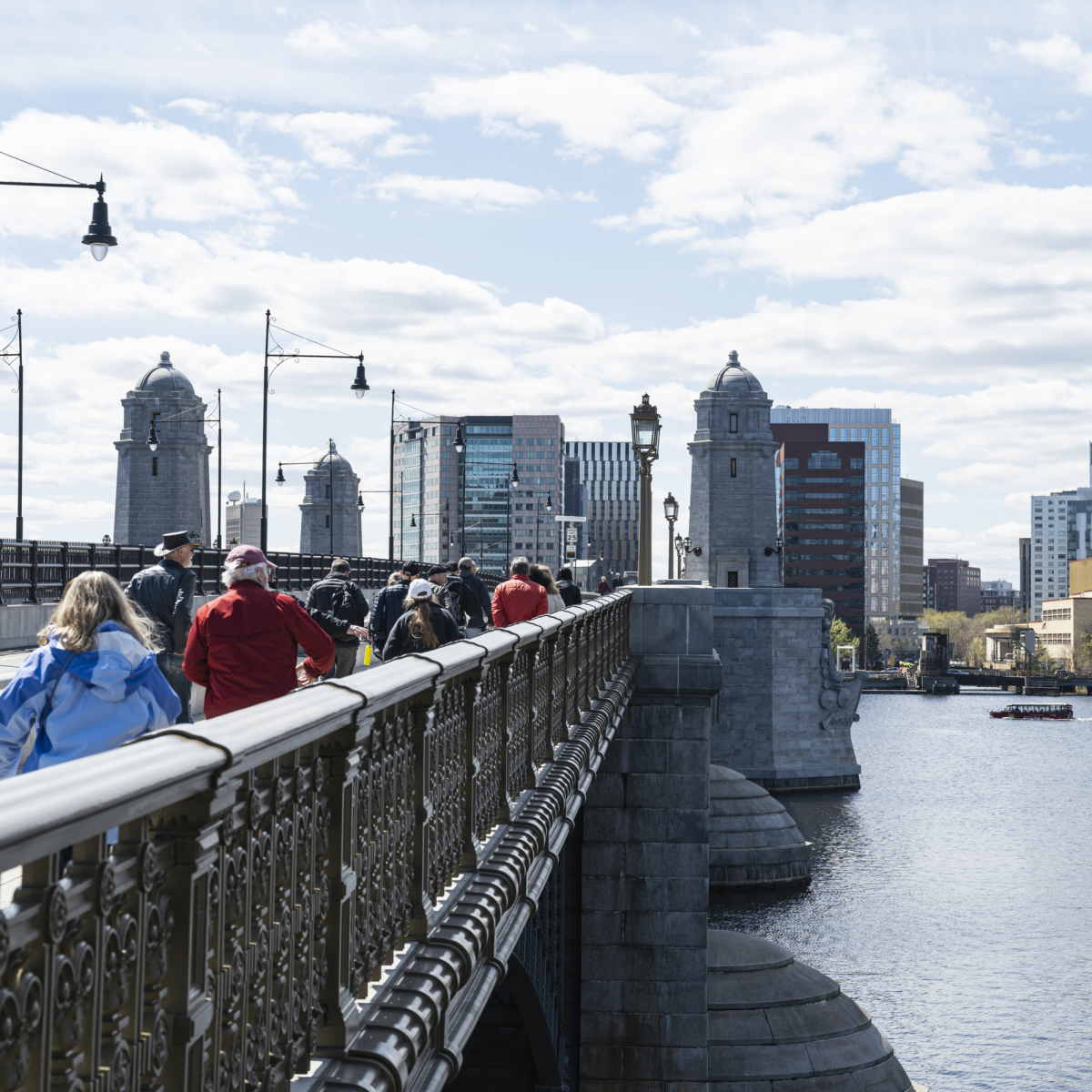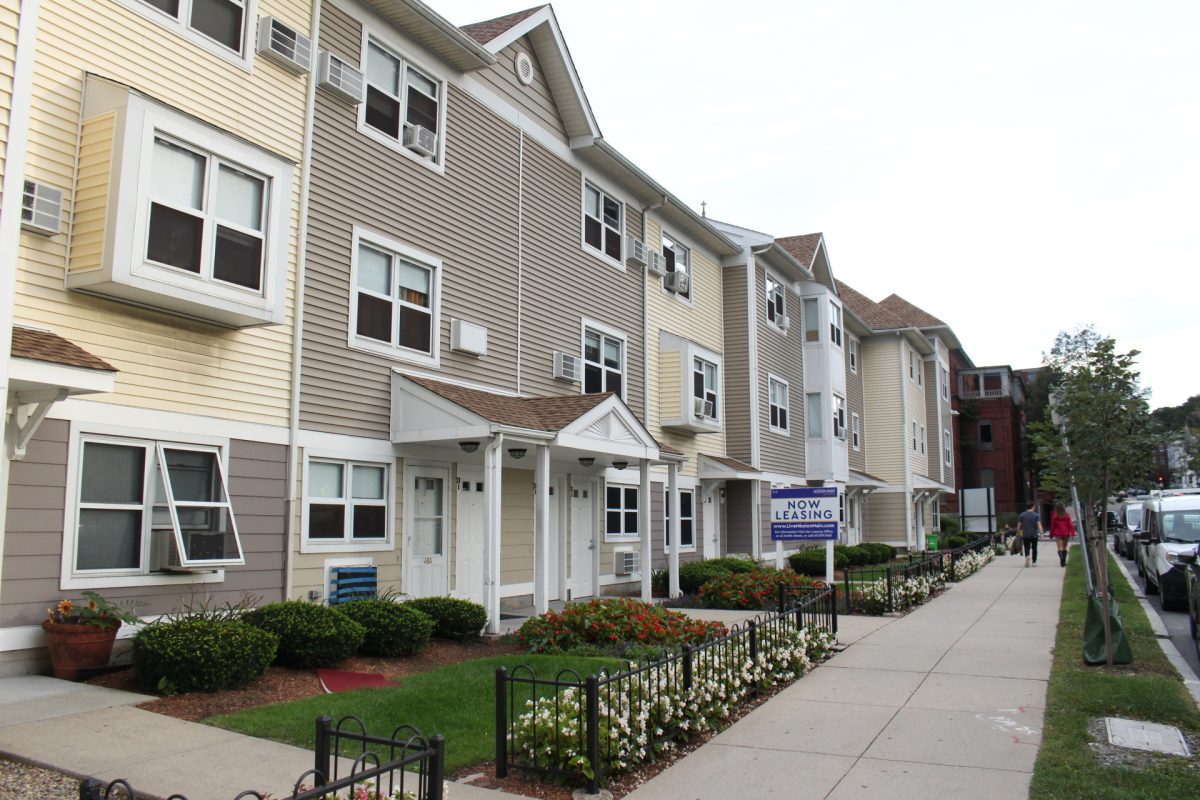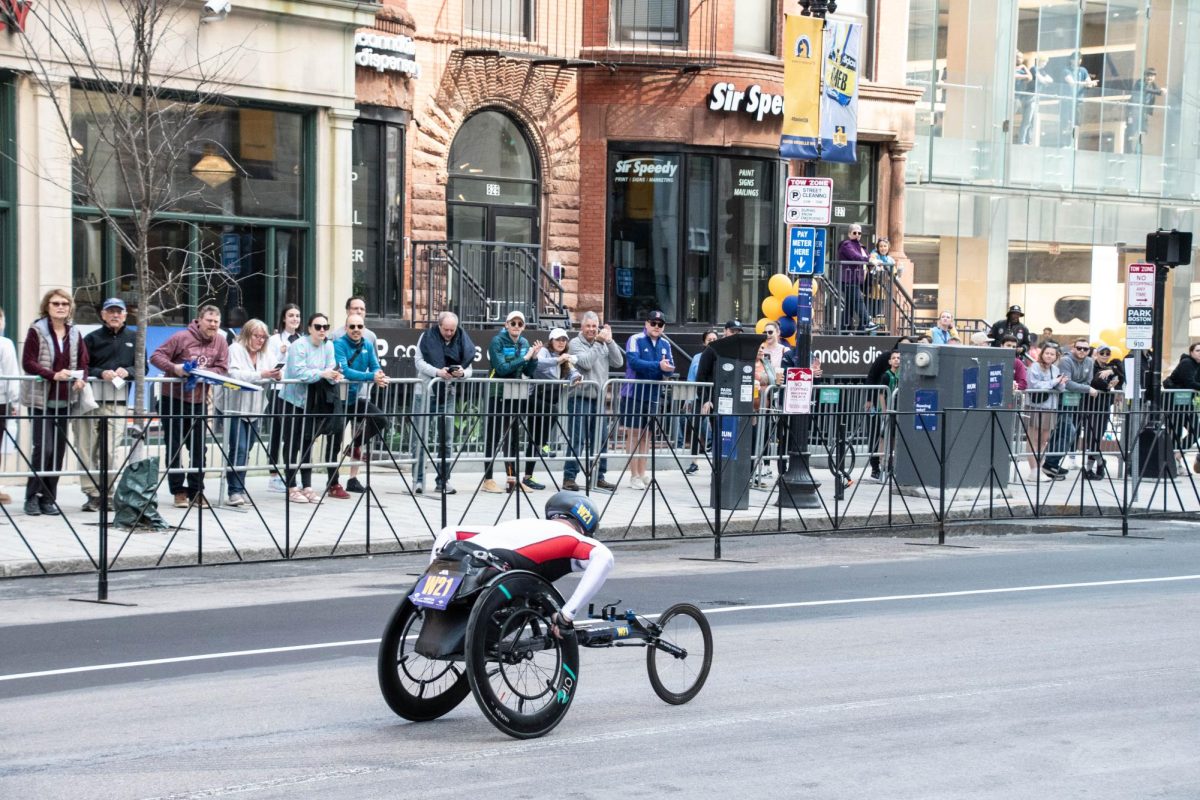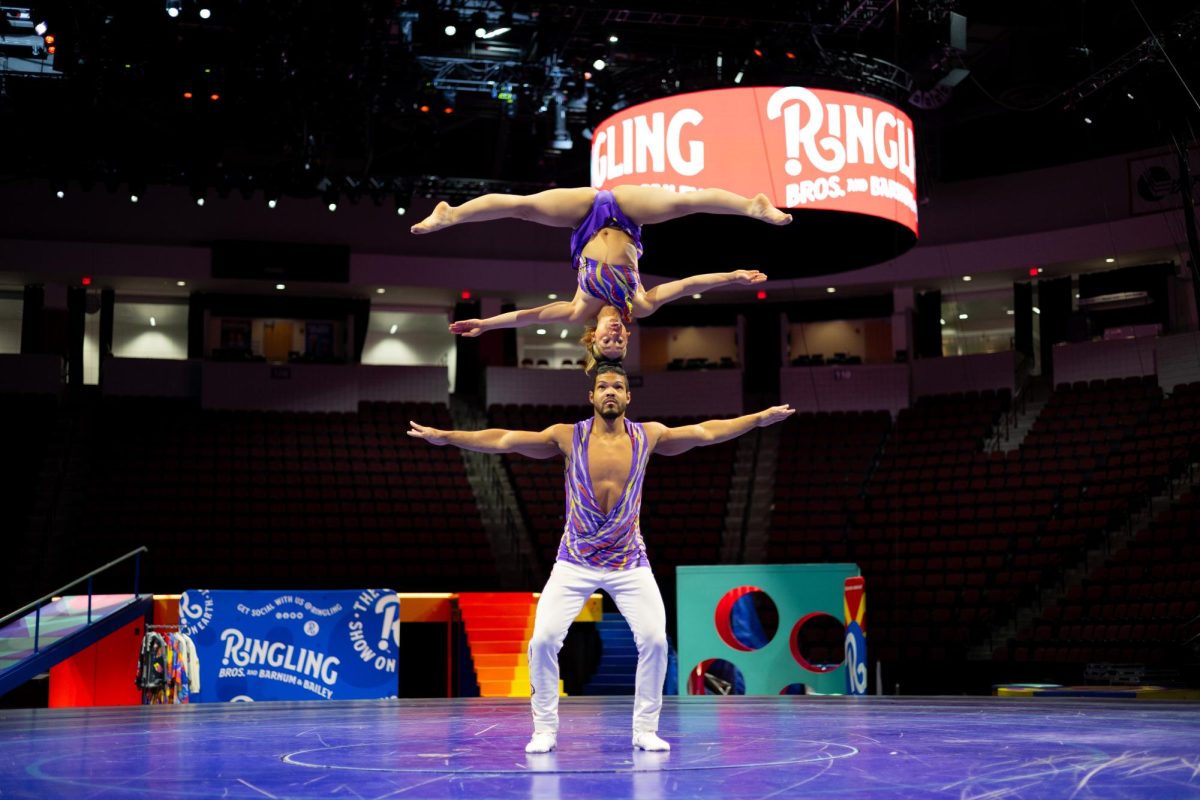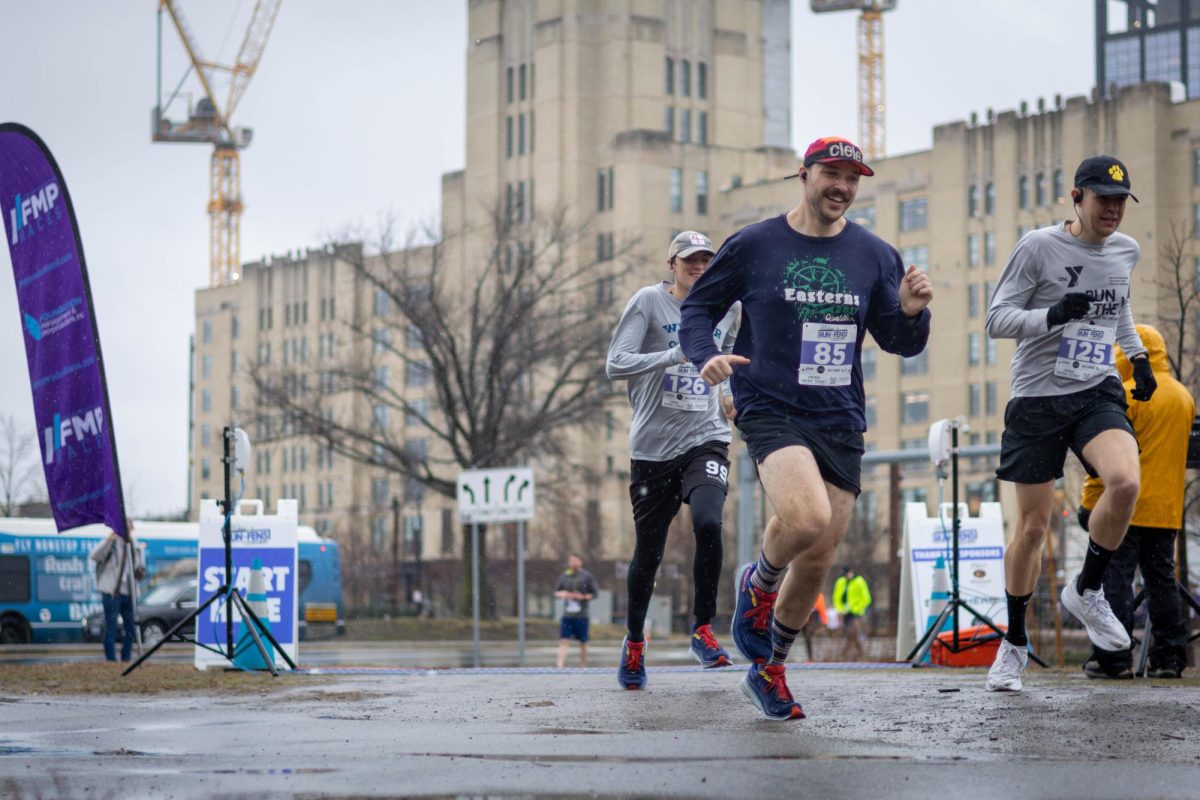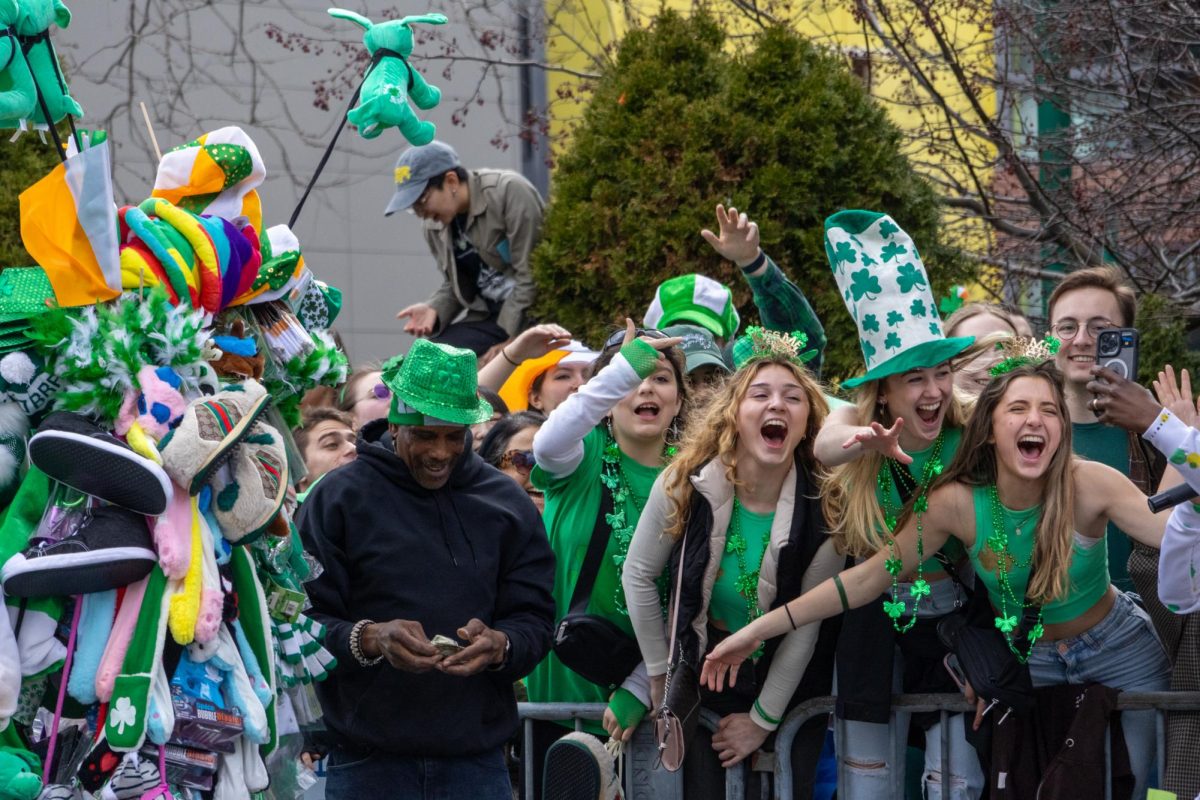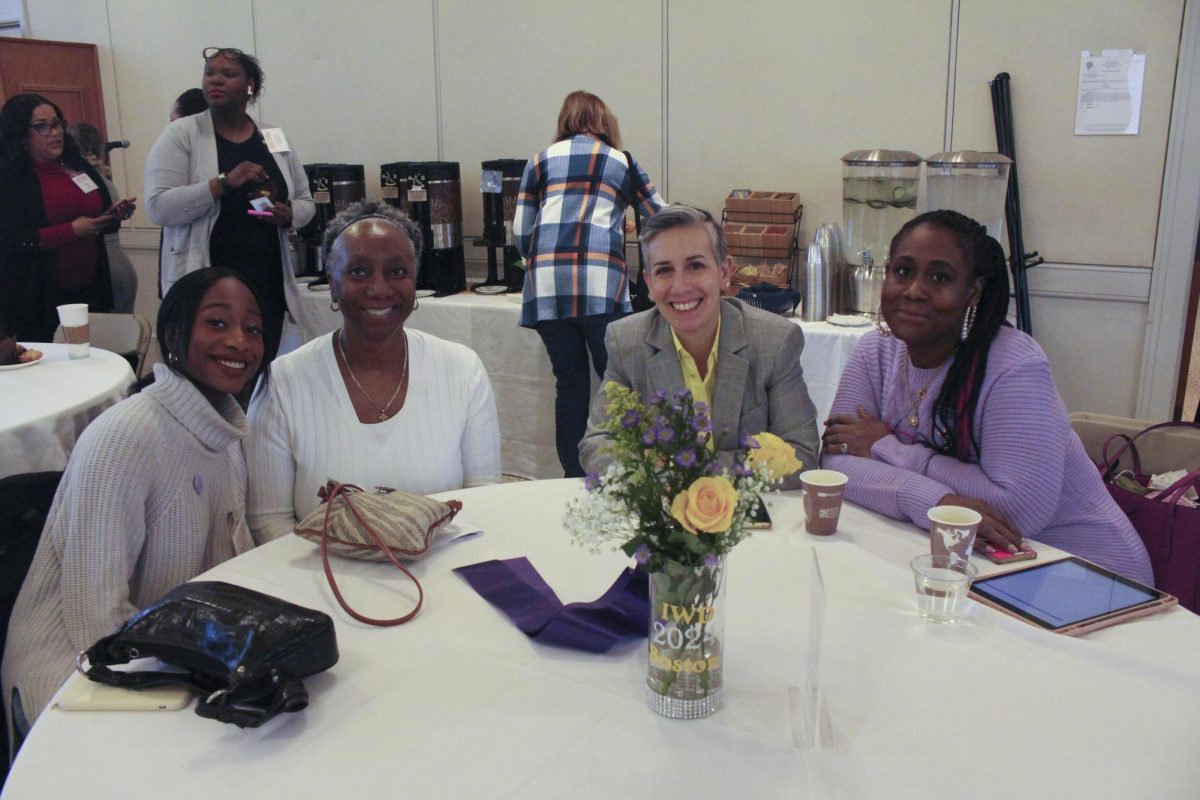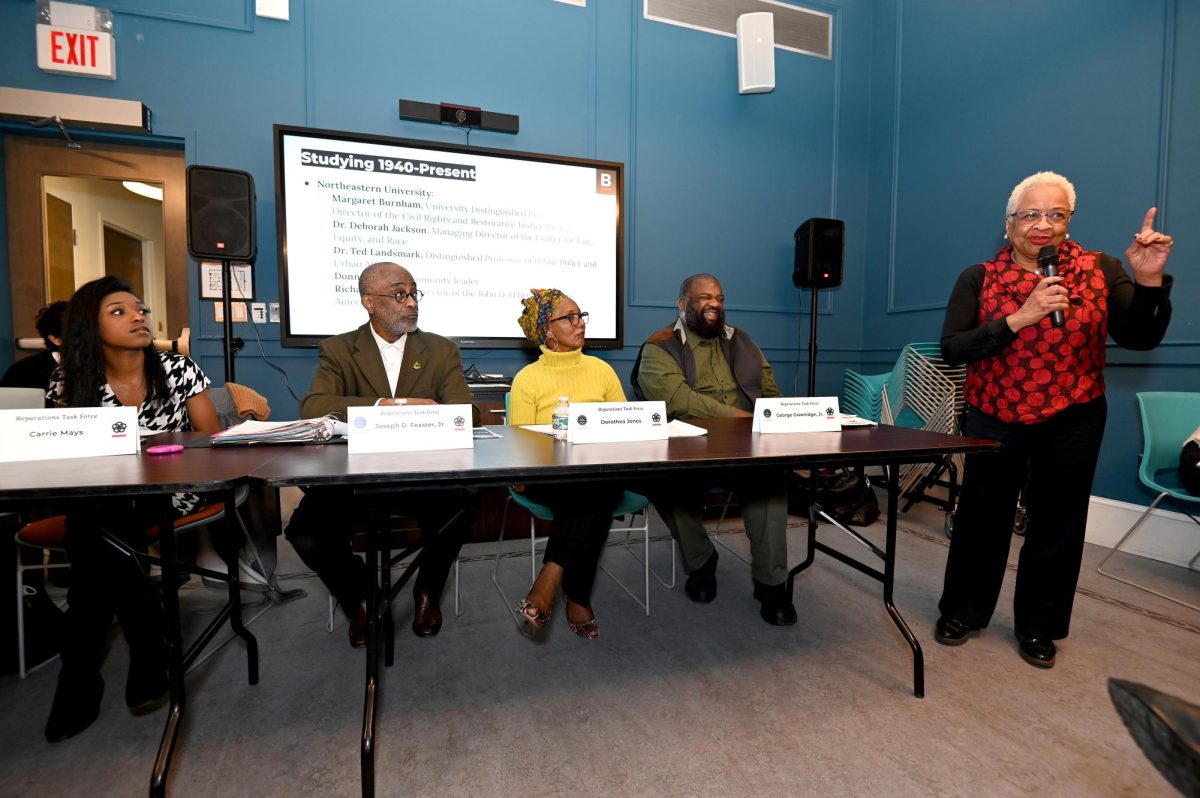When visitors come to Boston, they stop by sites such as The Boston Tea Party Ships & Museum, Paul Revere House or take tours of Massachusetts Institute of Technology and Harvard University’s campuses. Tourists frequent The Freedom Trail to explore the city’s historical roots. What many people don’t know is that there is another tour taking place: The Innovation Trail.
What started out as an idea during the COVID-19 pandemic turned into a reality for friends and co-founders Scott Kirsner and Bob Krim in 2022. The Innovation Trail takes guests on a personalized walking tour of scientific and technological discovery in Boston and Cambridge.
“We wanted to tell the story of what Boston has been up to since the 1780s. STEM, innovation and progress are such a big part of what makes Boston unique,” Kirsner said.
With 21 stops, every tour group experiences different sites focused on technology, medicine, entrepreneurship and science. While some tours visit the MIT Museum, others may see the Broad Discovery Center, an independent research institute that has made major contributions to CRISPR genome editing. As a result, everyone will learn something new each time they take the tour.
“It’s passive versus active learning. Once you’re on our tour, that’s the end of your passive attitude,” said Daniel Berger-Jones, president of Cambridge Historical Tours, the organization that runs the Innovation Trail. “It’s difficult to give people the kick into a world without another human being engaging and showing the passion behind it.”
Both Kirsner and Berger-Jones wanted to make information accessible to everyone, regardless of their background. The trail welcomes visitors, residents, teachers and anyone interested in learning about how Boston has become a leader in innovation.
Tours are given year-round, with summer being the most popular season. Each hour-and-a-half excursion is capped at 35 people, allowing each person to explore their curiosities and ask questions. Most tours have 10 to 20 people, according to Berger-Jones. Guests are also welcome to bring their dogs.
Some tours pass by buildings where works such as the Human Genome Project and the first public surgery under anesthesia took place.
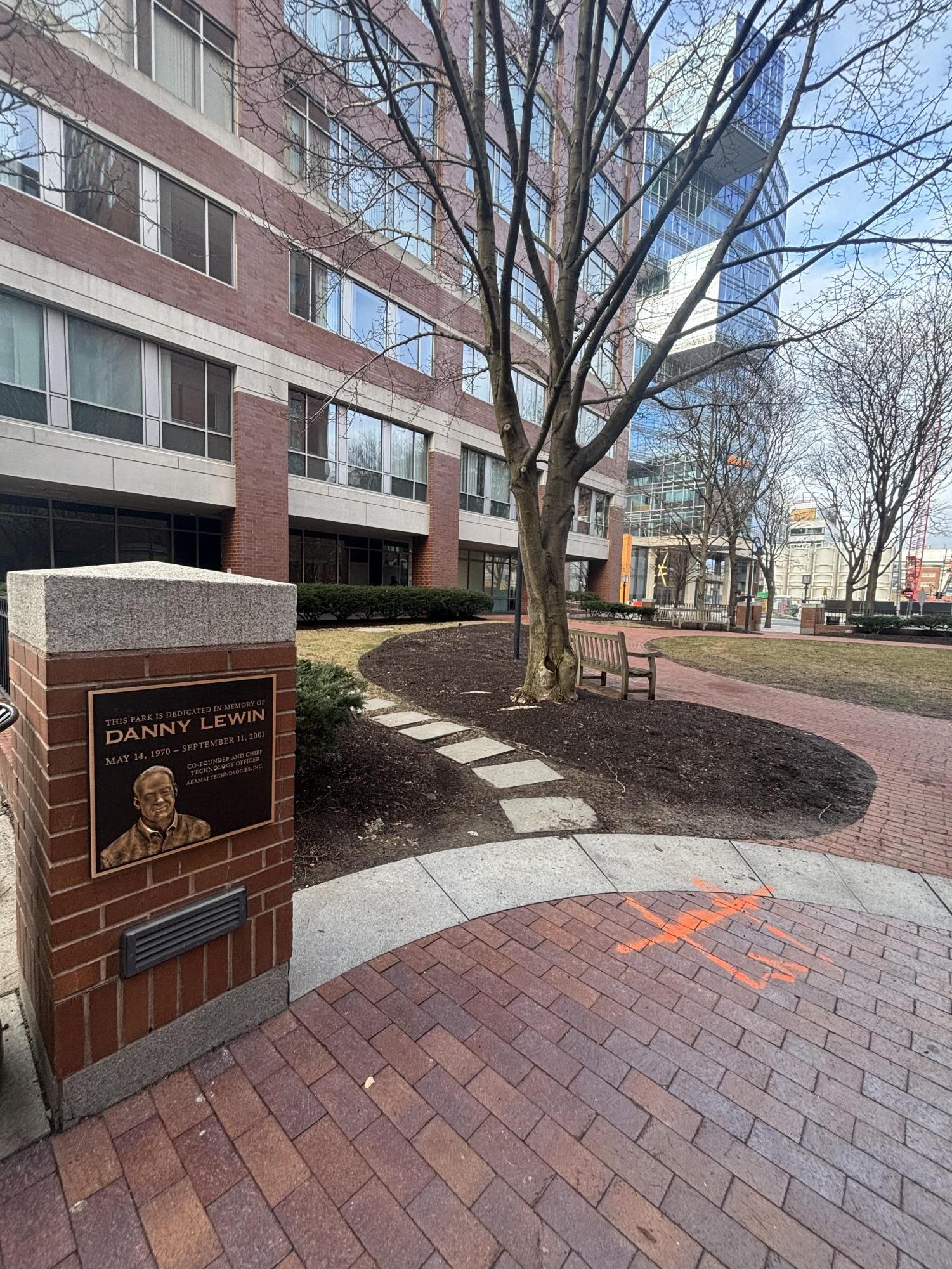
One of Berger-Jones’ favorite sites is in front of the JFK Federal Building at 15 Sudbury St.
“You’re within proximity of the patent office where a guy named Louis Latimer is going to write out the patent for Alexander Graham Bell’s telephone,” he said.
What makes the Innovation Trail unique from the Freedom Trail is that it focuses on modern day advancements.
“I certainly want to emphasize that we talk a lot about history, but we also talk about right now and how your life is affected currently and in the near future,” Berger-Jones said. “‘Here is what your ChatGPT-4 app is going to do very soon. Here is what VR goggles are going to turn into when we add haptics to the situation.’”
Because each tour has a time limit, attendees can complete the spots they may miss on their own time. The website includes a map with directions, audio guides for each stop and a short description explaining the significance of each site.
For those unable to attend in person, the audio guide can be used for the remote tour.
Charles Wayne, a first-year health science major at Northeastern, completed the tour virtually, since he became ill on the day he was supposed to visit the Innovation Trail.
“The first stop I found interesting was about the [COVID-19] vaccine breakthrough, which was engineered under Moderna. Even the smallest kind of discovery will have a big impact,” Wayne said.
Although Wayne had prior knowledge of health science related content, he still found the tour to be accessible. He said he hopes he can go on an in-person tour one day.
“I feel like the in-person tour would give more background, and you can only do so much online,“ Wayne said.
Kirsner hopes the Innovation Trail can expand in the future with new sites and assistive technology.
“We want it to evolve, since it has ‘innovation’ in the name of it. The goal of creating the Innovation Trail is to give people a way to experience the nerdy side of Boston,” Kirsner said.
Tickets to the Innovation Trail can be purchased directly from its website. Tickets are $20 and free for children under 8 years old.







